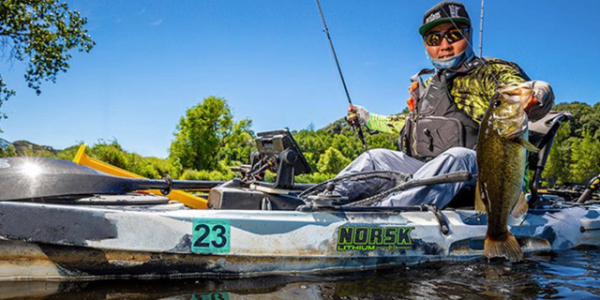Internet bragging leads to felony poaching arrest
A convicted felon who posted pictures about his poaching exploits on Facebook got the attention of the Florida Fish and Wildlife Conservation Commission’s (FWC) Internet Crimes Unit. As a result, the Polk County man faces seven felony charges and six misdemeanor charges related to his illegal activities.
An FWC investigation into Facebook posts by 43-year-old Darin Lee Waldo, of 619 West North Blvd., Davenport, found that he and friends were poaching game on Lake Marion Creek Wildlife Management Area (WMA) in Polk County during closed season. Waldo is a convicted felon who cannot legally possess firearms.
Waldo was arrested early Saturday morning by the Polk County Sheriff’s Office. His third-degree felony charges include four counts of possession of a firearm by a convicted felon and three counts of armed trespass. His second-degree misdemeanor charges include two counts of attempting to take wild turkey during closed season and one count each of attempting to take deer during closed season, unlawful hunting on Lake Marion Creek WMA, unlawful possession of a firearm on Lake Marion Creek WMA and unlawful entry into Lake Marion Creek WMA.
Additional charges are pending on co-conspirators. Each third-degree felony charge is punishable by up to a $5,000 fine and/or five years in prison. Second-degree misdemeanors are punishable by up to a $500 fine and/or 60 days in jail.
Waldo and the other suspects hid small boats and guns in wooded areas and accessed the WMA by waterway to avoid apprehension.
“Our investigators were able to gain Waldo’s confidence over the Internet,” said Lt. George Wilson, supervisor of the FWC’s Internet Crimes Unit.
Via the Internet, Waldo exchanged photographs of illegally killed game with FWC investigators, participated in chat rooms describing his actions and invited undercover agents to participate in two illegal hunts.
“Waldo was also trespassing and poaching on private ranches before hunting season, stealing Florida’s wildlife from landowners who were maintaining conservation programs,” Wilson said.
In a technologically advanced society, Internet websites provide opportunities for collecting evidence of wildlife-poaching. The FWC created its Internet Crimes Unit to monitor and collect evidence when wildlife is exploited. In the unit’s first year of operation, investigators initiated 168 investigations, resulting in 177 arrests and 92 warnings.
“FWC investigators use the Internet to aggressively target criminals who are abusing Florida’s natural resources,” Wilson said.







